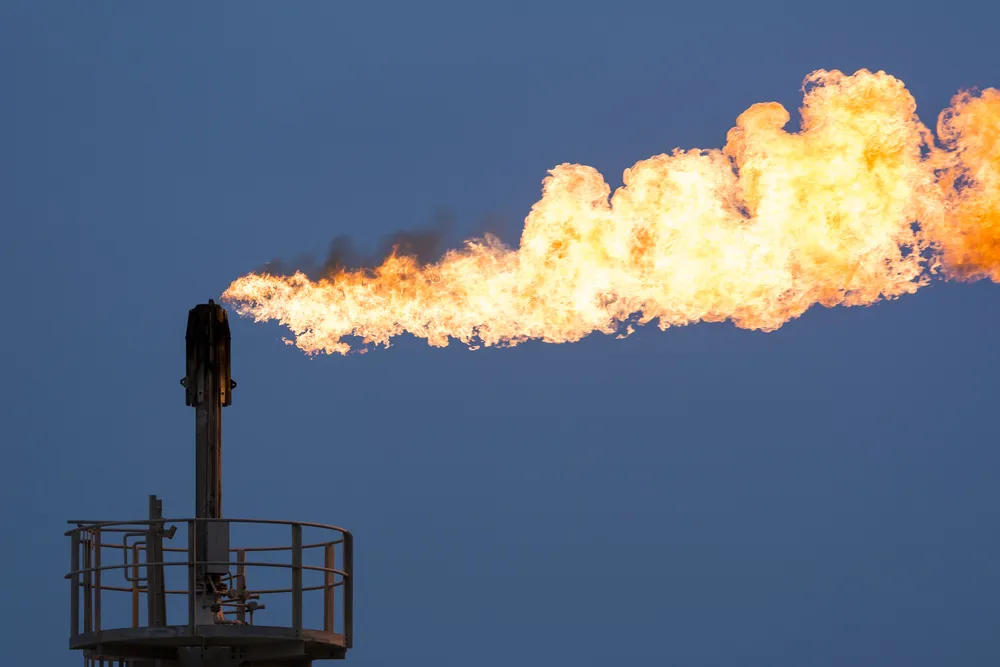Corrosion Control for Gas, Oil, and Water Systems Course
Introduction:
This course is particularly useful for specialists in the gas, oil, and water industries concerned with corrosion control. It provides extensive information on corrosion theory, practice, and modern prevention technologies. Participants will gain knowledge to reduce maintenance costs, extend equipment lifespan, and ensure asset integrity. The training focuses on metallurgy aspects such as material classification, protective coatings, inhibitors, and cathodic protection.
Objectives:
At the end of this Corrosion Control for Gas, Oil, and Water Systems program, attendees will be able to:
- Investigate the materials of construction employed in the oil, gas, and water fields.
- Investigate corrosion theories and mechanisms.
- Identify the major types of corrosion in oil, gas, and water fields.
- Learn about monitoring and inspection techniques for corrosion control systems.
- Apply anti-corrosion measures, such as managing corrosion water, in practice.
Training Methodology:
- Alternative course design
- Onsite practice
- Active investigations
- Project-based tasks
- Interactive experience
- Subject rebuttals & opinions
Course Outline:
Unit 1: Construction Materials Overview and Corrosion Control Engineering Principles
- Properties of engineering materials with metallurgy
- Testing of materials (detrimental testing)
- Classification of materials as per API 5L/ASME codes
- The cost of corrosion and corrosion engineering
- Theories and measurement of corrosion and its techniques
Unit 2: Types of Corrosion
- Electrolytic or galvanic corrosion
- Pitting corrosion or localized corrosion
- Cathodic detachment or stray current corrosion
- Corrosion in water and moist soils
- Mechanisms of penetrating or dog-bone corrosion
- MIC – Microbially induced corrosion
Unit 3: More on Types of Corrosion
- Corrosion of hydrogen sulfide (H2S) in the presence of water
- Corrosion Under Insulation (CUI)
- Corrosion Challenges Under Support (CUS)
- Institutions Contact Erosion warnings
- Flow-enhanced corrosion
- Prevention of stress corrosion cracking
- Fighting intergranular corrosion
Unit 4: Protection Principles and Strategies from Corrosion in OCCP Oil, Gas & Water Fields
- Risk reduction measures by means of design improvement
- Active methods of cathodic protection — Sacrificial anode
- Passive/connected schemes of protection of steel structures: The Impressed Current method
- Coated steels
- Cold spray paints
- Inhibitors in corrosion control
Unit 5: Containment and Control of Corrosion in Oil, Gas, and Water Fields; Monitoring
- Thickness measurements by ultrasound testing
- X-ray examination for corrosion detection
- Corrosion coupons
- Electronic probes
- Systematic internal inspection by intelligent pigging systems and information dissemination through Severe Machinery
- Adoption of risk-based inspection and implementation of advanced corrosion control systems


















